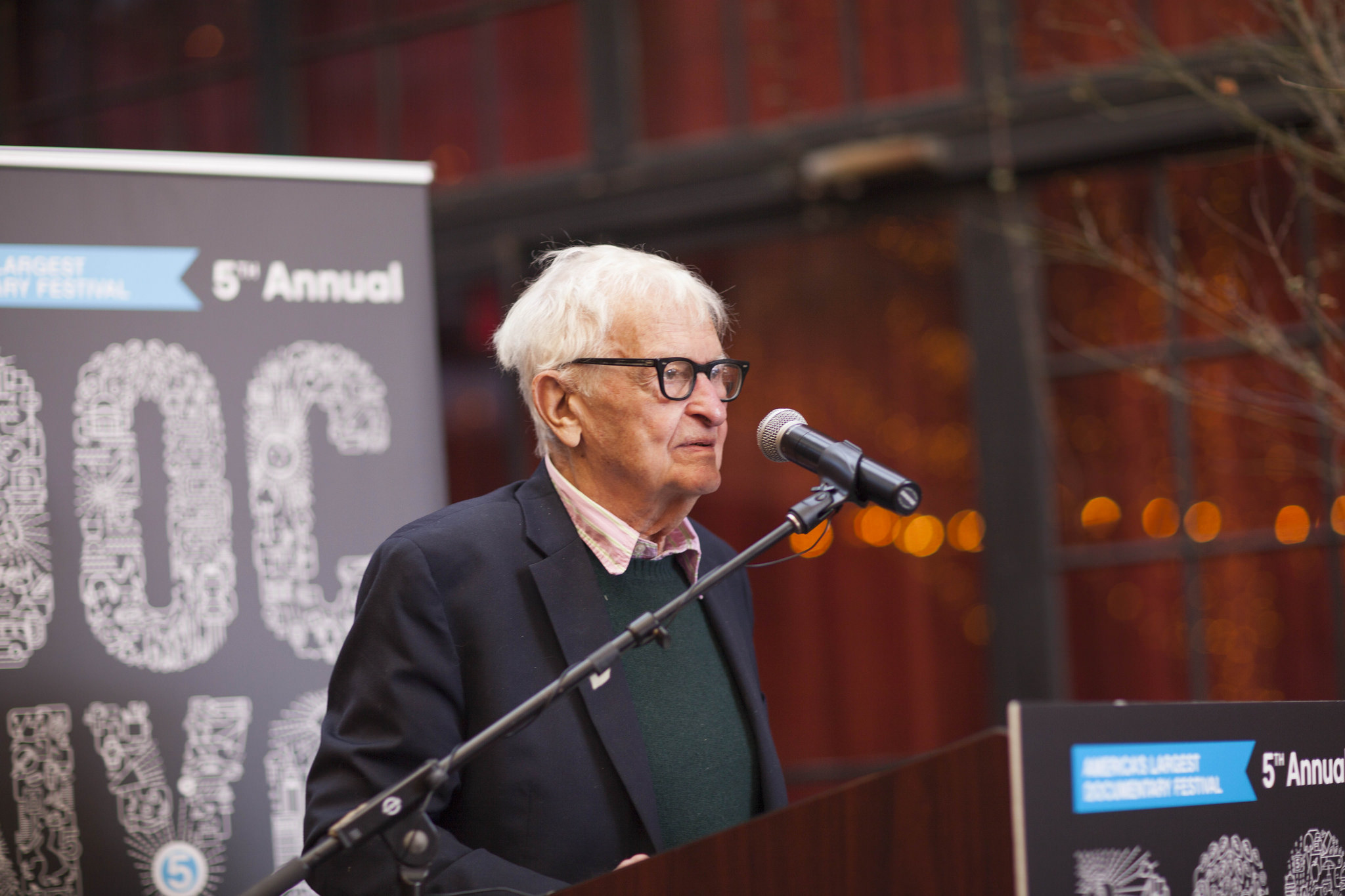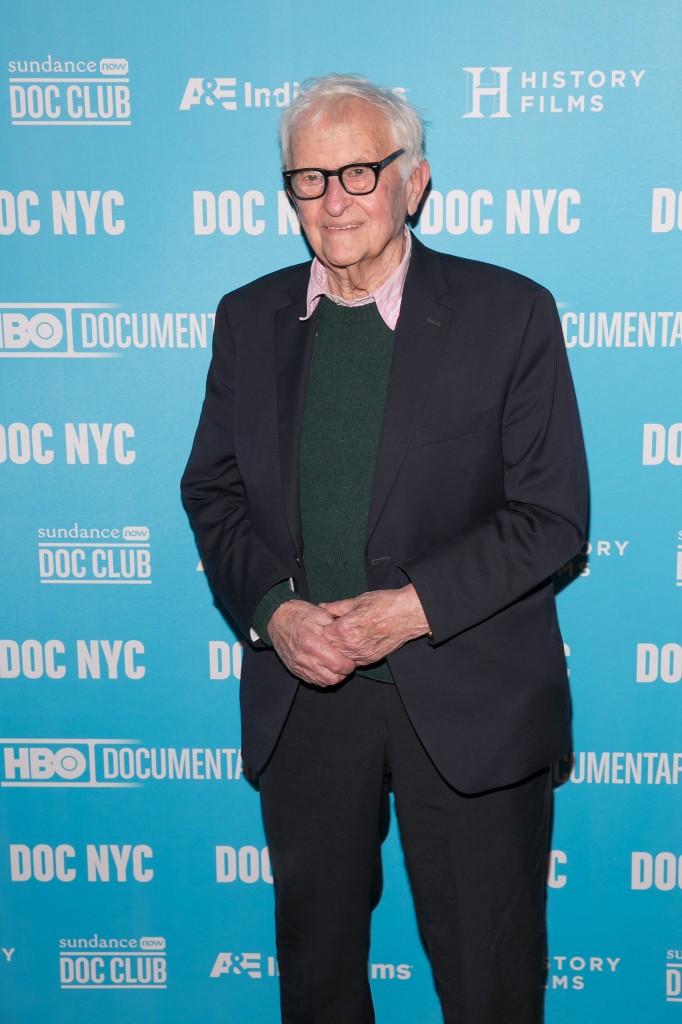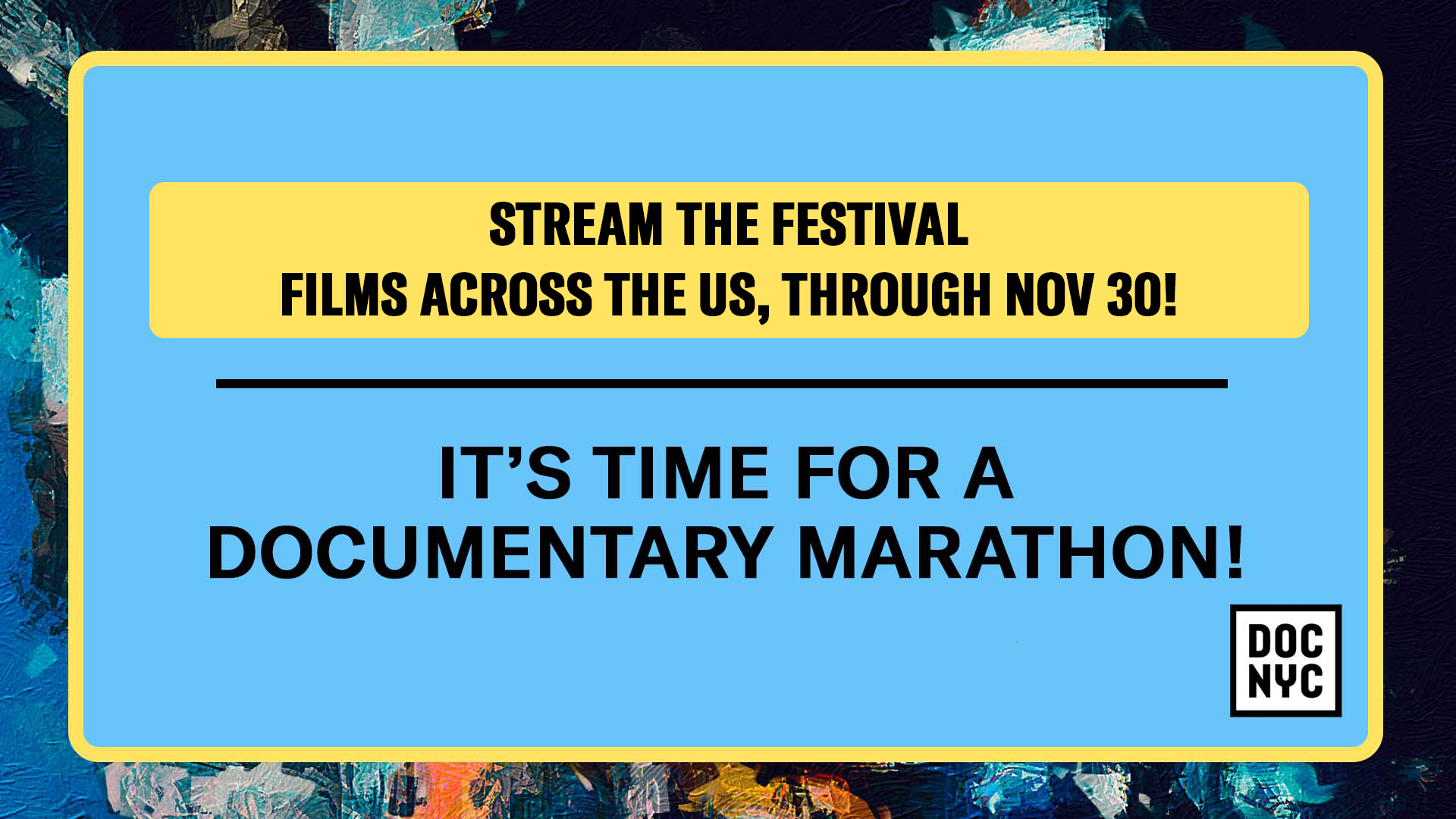Maysles Captures The Trials and Tribulations of Traveling Salesmen


Written by Megan Scanlon
Expressing themes of love, spontaneity, and authenticity, audience members were treated to a conversation with the legendary filmmaker Albert Maysles and DOC NYC Artistic Director Thom Powers before Friday evening’s screening of Salesman. Debuted in 1968, Norman Mailer saw the film and told Maysles he “thought it said more about America than any other film he’s ever seen.”
In the film, Maysles follows a group of traveling door-to-door Bible salesman as they criss-cross the east coast and the midwest from Boston to Chicago to Miami. On making documentaries, Maysles’ highlighted the importance of “a total closeness to what’s going on.” That intimacy is felt as Irish-Catholic Paul drives (without GPS!) through low-income neighborhoods trying to make a living selling what he describes to potential customers as “the heritage of the home.”
When struggling to make sales, dejection tightens his jaw, weighs down the corners of his mouth, and slumps his shoulders, often accompanied by his repeated desire not “to seem negative.” This tension is relaxed by his ability to step away, albeit briefly, and merrily share a tale or joke in his Irish brogue, or when under his breath, he sings to himself in the car, “I Wish l was a rich man… l wouldn’t be goin’ around this shit land.” His ability to laugh and remain jovial seems to act as a buoy that saves him from drowning in his boss’s singular view of success, or lack of it: “anyone who isn’t making money, it’s your fault.”
Maysles’, the recipient of the DOC NYC Visionaries Tribute Lifetime Achievement Award, shared stories with the audience on the making and premiere of Salesman, his favorite along with Grey Gardens. Remarking on anti-Semitism, Maysles said, “It was the whole atmosphere at that time (the 1960’s) as well as in Boston, so this Salesman film was our opportunity to become friends with the Irish, so we became friends with them by making this film. When we finished the film we showed it at a group similar to this one, and as people filed out, way way off in the distance, a woman was crying watching the film,” he recalled. He would later go on to marry that same woman who was so moved by his film.
Maysles’ said the whole idea of Salesman was spontaneity, “you see it in the early moments of the film when Paul is having a tough time selling and has pretty much given up, when the little girl sitting on the lap of her mother gets up and goes over to the piano, and spontaneously renders a piece of music that is a perfect illustration of what’s going on in Paul’s mind,” he said. “You’ve got really good guys, and they come through as good guys I believe, even though they’re doing something that is really painful and not true to their character.”
For more about Salesman, visit the film page on the DOC NYC website.
Megan Scanlon is an alum of Hobart & William Smith Colleges and New York University and works in the field of International Education




